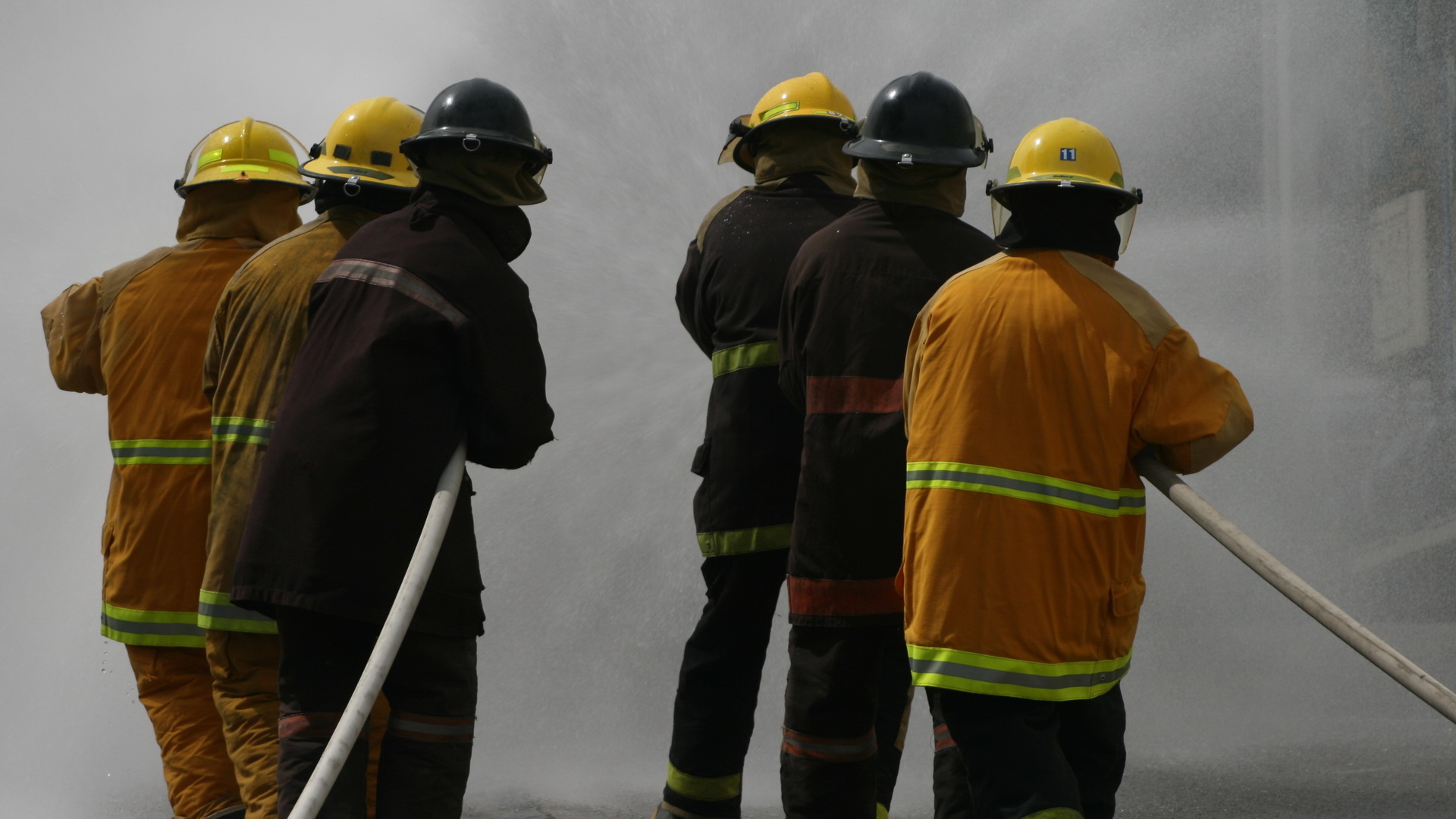Burnout is all around you. What are you going to do about it? How can you be a part of the fire brigade that eliminates the burnout in others? The same skills that have freed you from burnout can be used to help others escape burnout as well.
Fire Safety
There are two factors that will help others come to you when they’re experiencing burnout. The first is for them to see you as safe, and the second is for them to see you as fireproof. People are safe if they’re non-reactive and it feels like they’ve gone through the same thing. The more you can share your experience, including how you were in burnout and how you’ve overcome it, the greater that people perceive you’ll be safe. Coupled with a general sense of being safe, most people will reach out for help.
Being perceived as fireproof is a bit more difficult. Others don’t want to make things worse by pulling you into burnout instead of you pulling them out of it. They want to know that you can share their load if they bring it to you – instead of adding to it. However, being fireproof doesn’t mean the fires will never come, and you won’t occasionally succumb to them. Fireproof means that you can resist a degree of fire for a time. Fireproof doesn’t mean you’ll never experience burnout again.
Making it clear to everyone that you’re able to accept a degree of their burnout without becoming cynical yourself goes a long way towards improving how safe you seem and making it possible for them to come to you.
Putting Out the Fire
Just as a fire department has tools for putting out fires, you also have tools to stop burnout. Having learned that burnout is driven by a lack of personal agency, you can help others realize their personal agency. Because you’re there to help them get out of burnout, you’re already filling their capacity with the support you’re providing. More than that, your willingness to step in reinforces that their requests for support from others may be accepted as well.
You can’t completely resolve burnout in someone else by just being present and supportive – though it’s a good start. You’ll also want to share your third-party feedback about all the things they’re getting accomplished. By helping them more appropriately appraise their real results and helping them set realistic expectations, you can provide invaluable support for their belief in their own personal agency.
If self-care regimens are a part of your burnout recovery journey, you can share what you do to take care of yourself. From the simple things like getting good sleep and staying hydrated to the more complex exercise and diet regimens, your experience helps them see what may work. Even if they don’t accept your self-care approaches, the idea that everyone does self-care normalizes it and makes it more reasonable and possible for others to find a way to take care of themselves.
Last, but not least, you can share how you manage your demands and your realization that many of the demands that you feel are ones that you’ve placed on yourself – they’re not coming from other people. It’s a difficult lesson to realize that, often, the standards we hold ourselves to for deliverables are higher than what our managers or peers expect. Teaching this reality gives them an opportunity to calibrate their perception of the demands on them to what is really being asked for – and learn when to push back when the external demands aren’t reasonable.
You may not be able to help everyone escape the fires of burnout, but you can be of help to many people.




